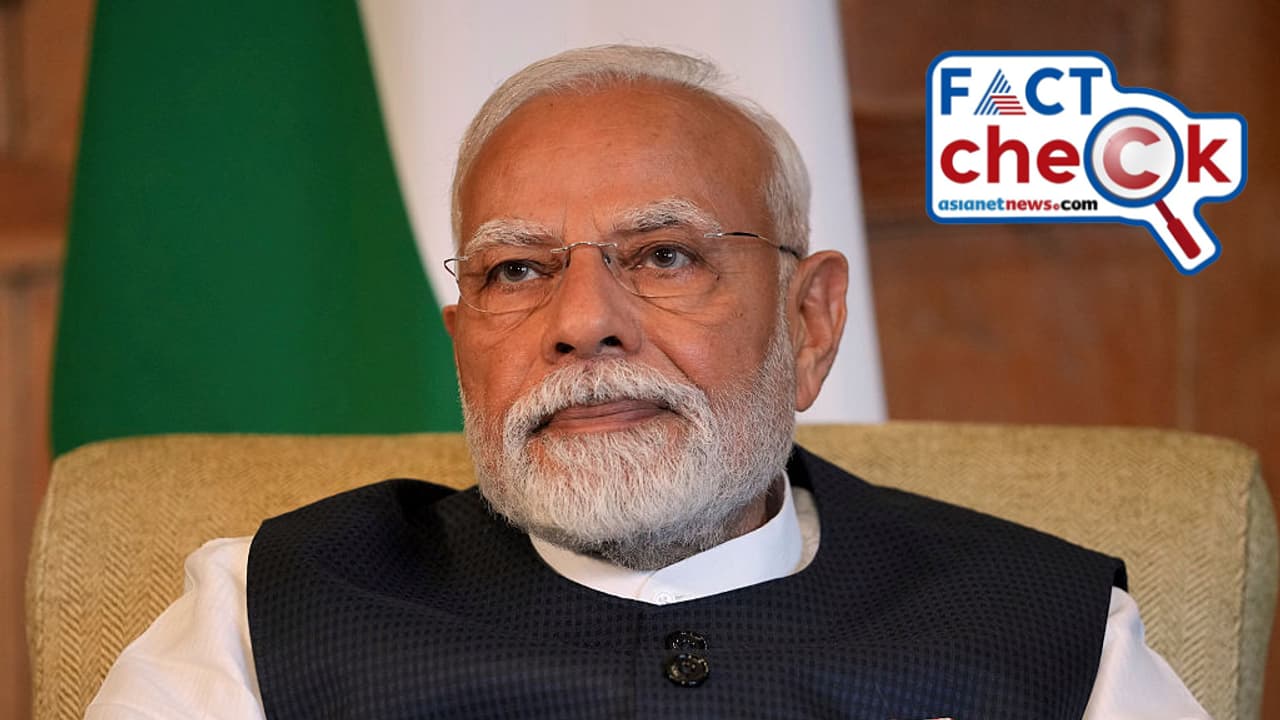The Press Information Bureau (PIB) has debunked the “Narendra Modi Free Recharge Scheme” as fake. Users are urged to check official sources like myscheme.gov.in and report suspicious content via PIB’s X, WhatsApp, or email.
Bengaluru: The Press Information Bureau (PIB) has clarified that claims about a “Narendra Modi Free Recharge Scheme” are false. A video circulating on the YouTube channel “SaoudKiTech” claimed that all mobile users would receive one year of free recharge under this scheme. PIB has confirmed that this claim is completely fake and warned the public not to fall for such misinformation. For accurate details on government schemes, PIB advises users to visit myscheme.gov.in. Additionally, any suspicious messages, images, or videos related to central government programs can be reported directly to PIB through X or via WhatsApp at +918799711259 or email at [email protected]. PIB urges citizens to rely only on verified sources and not to share unverified content online.
Scroll to load tweet…
How to Verify Claims Before You Share
Misinformation spreads rapidly on social media and messaging platforms, often creating confusion and panic. Verifying claims before sharing them has become a crucial responsibility for every digital citizen. The first step in fact-checking is to identify the claim clearly. Understand exactly what is being stated, whether it’s about a government scheme, health advice, or breaking news. For example, the claim that all mobile users will receive one year of free recharge under a “Narendra Modi Free Recharge Scheme” required careful scrutiny. Next, consult authoritative sources. Government portals, official press releases, and credible news agencies provide reliable information. In the recharge scheme case, the Press Information Bureau (PIB) clarified that the claim was false. Fact-checkers also check official websites such as myscheme.gov.in for confirmation.
Evaluate the context and details. Sometimes, claims are partially true or misrepresented. Fact-checkers cross-reference information with multiple sources to ensure accuracy and avoid misinterpretation. Use expert insights and databases when necessary. Technical or policy-related claims may require consulting professionals, research papers, or regulatory documents to validate information. Finally, communicate findings clearly. A verified fact-check explains whether the claim is true, false, or misleading, providing evidence and references. It also guides readers on how to avoid misinformation in the future. For instance, PIB encourages users to report suspicious messages to @PIBFactCheck, via WhatsApp or email, and to rely on official channels for information. By following these steps, individuals can help reduce the spread of false information online. Fact-checking is not just a professional task—it is a civic responsibility that strengthens public knowledge, protects communities from scams or panic, and fosters trust in credible information sources.
